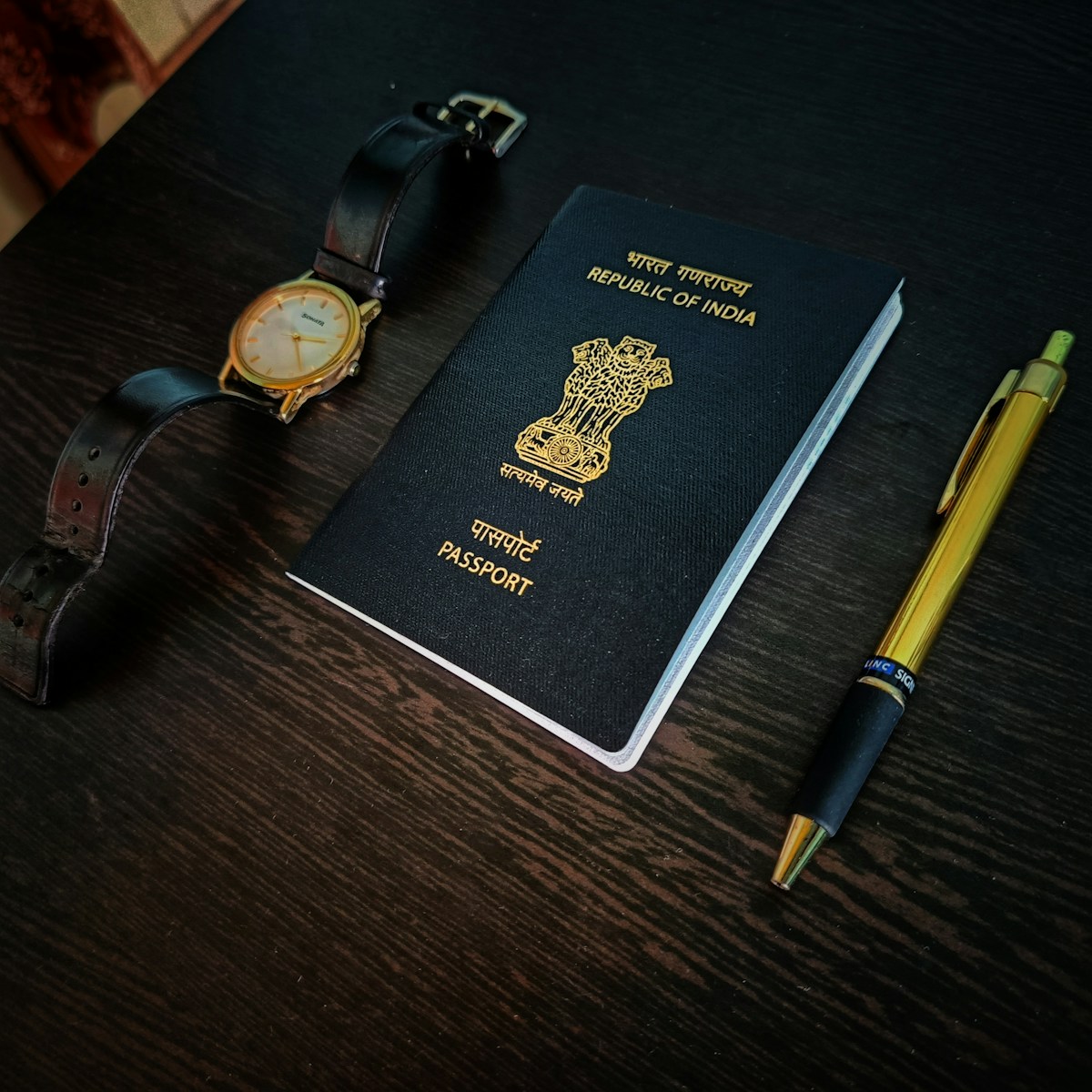Balancing Disclosure Requirements and Unintentional Errors in Passport Applications

In a significant ruling, the Punjab and Haryana High Court recently addressed the delicate issue of balancing disclosure requirements and unintentional errors in passport applications. The case of Navpreet Kaur v. Union of India & Ors. (CWP No. 226/227 of 2023) sheds light on the legal complexities surrounding passport revocation and the need for a nuanced approach by the authorities.
The petitioner, Navpreet Kaur, was previously married to Dr. Siddharth Narula and had obtained passports in 2005 and 2015 with his name mentioned as her spouse. However, Navpreet Kaur and Dr. Narula divorced in 2011. Navpreet Kaur subsequently remarried to Neeraj Kumar and applied to have her spouse’s name changed on her passport.
Unexpectedly, the Regional Passport Office (RPO) revoked Navpreet Kaur’s passport under Section 10(3)(b) of the Passports Act, 1967, citing the suppression of material information. Navpreet Kaur appealed the revocation order, but the Joint Secretary and Chief Passport Officer dismissed her appeal.
Aggrieved by the authorities’ decisions, Navpreet Kaur approached the High Court, raising two critical issues. Firstly, whether mentioning her previous husband’s name as the spouse in the passport application amounted to the suppression of material information or the provision of wrong information under Sections 10(3)(b) and 12(1)(b) of the Passports Act, 1967. Secondly, whether the revocation of her passport was justified in the facts and circumstances of the case.
The High Court, in its comprehensive analysis, observed that the suppression or wrong information must be material, i.e., such that if disclosed correctly, the passport authority would have refused to issue the passport under Section 5(2)(c) of the Act. Relying on the precedent set in the Dr. Madas Venkat Goud case, the court held that inadvertent mistakes or lapses in disclosing the correct marital status or spouse’s name do not fall within the mischief of Section 10(3)(b) to warrant the revocation of a passport.
The court found Navpreet Kaur’s explanation plausible, that the mistake in mentioning her previous spouse’s name was due to an oversight while applying for passport renewal through an agent. The court emphasized that mere incorrect disclosure of marital status or spouse’s name, without any intent to misuse or obtain undue benefit, would not attract the penal provisions under the Passports Act.
Ultimately, the High Court allowed Navpreet Kaur’s writ petition, setting aside the orders revoking her passport. The court directed the authorities to issue a fresh passport to Navpreet Kaur with the correct particulars within three weeks.
This judgment serves as a reminder to passport authorities to exercise caution and consider the nuances of each case before resorting to the harsh measure of passport revocation. It underscores the need for a balanced approach that recognizes the rights of passport holders and distinguishes between intentional misrepresentation and bona fide mistakes in the context of marital status changes.
For further details write to contact@indialaw.in
By entering the email address you agree to our Privacy Policy.



